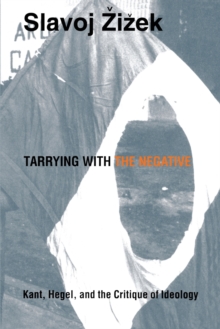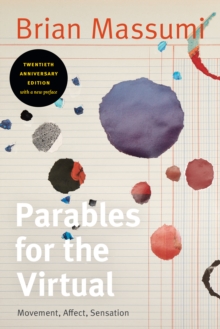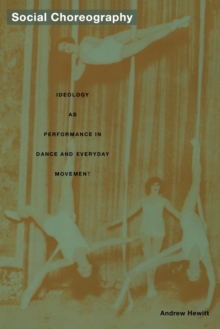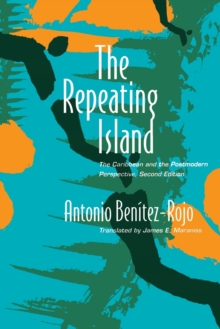
Things Fall Away : Philippine Historical Experience and the Makings of Globalization Paperback / softback
by Neferti X. M. Tadiar
Part of the Post-Contemporary Interventions series
Paperback / softback
Description
In Things Fall Away, Neferti X. M. Tadiar offers a new paradigm for understanding politics and globalization.
Her analysis illuminates both the power of Filipino subaltern experience to shape social and economic realities and the critical role of the nation's writers and poets in that process.
Through close readings of poems, short stories, and novels brought into conversation with scholarship in anthropology, sociology, politics, and economics, Tadiar demonstrates how the devalued experiences of the Philippines' vast subaltern populations-experiences that "fall away" from the attention of mainstream and progressive accounts of the global capitalist present-help to create the material conditions of social life that feminists, urban activists, and revolutionaries seek to transform.
Reading these "fallout" experiences as vital yet overlooked forms of political agency, Tadiar offers a new and provocative analysis of the unrecognized productive forces at work in global trends such as the growth of migrant domestic labor, the emergence of postcolonial "civil society," and the "democratization" of formerly authoritarian nations.Tadiar treats the historical experiences articulated in feminist, urban protest, and revolutionary literatures of the 1960s-90s as "cultural software" for the transformation of dominant social relations.
She considers feminist literature in relation to the feminization of labor in the 1970s, when between 300,000 and 500,000 prostitutes were working in the areas around U.S. military bases, and in the 1980s and 1990s, when more than five million Filipinas left the country to toil as maids, nannies, nurses, and sex workers.
She reads urban protest literature in relation to authoritarian modernization and crony capitalism, and she reevaluates revolutionary literature's constructions of the heroic revolutionary subject and the messianic masses, probing these social movements' unexhausted cultural resources for radical change.
Information
-
Available to Order - This title is available to order, with delivery expected within 2 weeks
- Format:Paperback / softback
- Pages:496 pages
- Publisher:Duke University Press
- Publication Date:15/05/2009
- Category:
- ISBN:9780822344469
Other Formats
- Hardback from £107.00
Information
-
Available to Order - This title is available to order, with delivery expected within 2 weeks
- Format:Paperback / softback
- Pages:496 pages
- Publisher:Duke University Press
- Publication Date:15/05/2009
- Category:
- ISBN:9780822344469










